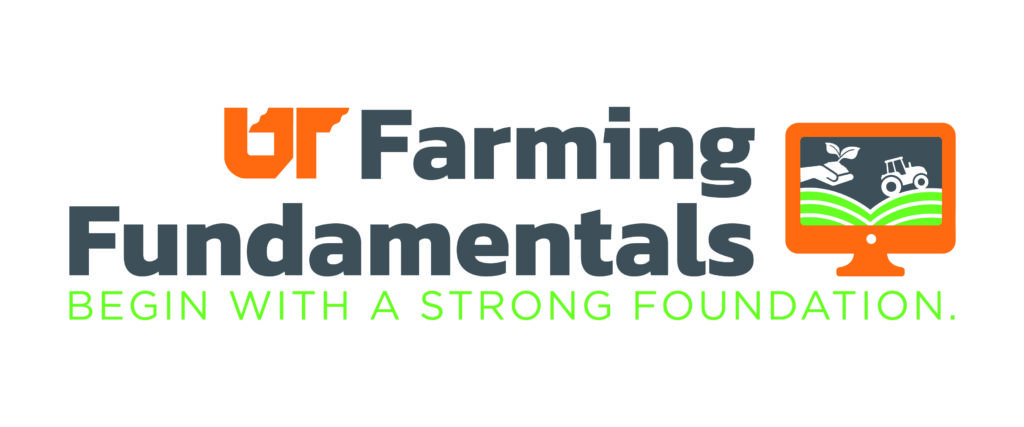Resources to assist in developing a farm business in Tennessee
Getting Started Building a Farm Business
When developing a farm business, begin with these three steps:
Is making a profit the main purpose of your farming efforts?
Yes – Operating a Farm Business
If the aim of your operation is profitability, the Internal Revenue Service considers it to be a farm business.
According to the Farmers Tax Guide (Pub. 225), “You are in the business of farming if you cultivate, operate, or manage a farm for profit, either as owner or tenant. A farm includes livestock, dairy, poultry, fish, fruit, and truck farms. It also includes plantations, ranches, ranges, orchards, and groves.”
No – Operating a Hobby Farm:
You have a hobby if the goal is producing an agricultural product for your consumption or enjoyment instead of selling for profit.
The Internal Revenue Service will not recognize a hobby as a farm business for tax purposes.
Considerations for All Farms:
Greenbelt Designation
The Greenbelt Act allows approved property to be valued based on its present use, lowering the value of land for tax purposes. Contact the property assessor in the county where the property is located.
Agricultural Tax Exemption
Qualified farmers and nursery operators may purchase tangible personal property used primarily (more than 50%) in agricultural operations exempt of sales and use tax. Apply through the TN Dept. of Revenue.
Farm Insurance
Seek advice from an insurance professional to the most suitable coverage options to protect both the owners and the business operation.
Farm Number
A farm number can be obtained from your local Farm Service Agency and is used to identify your specific farm when applying for FSA farm loans, disaster assistance, crop insurance and conservation programs through Natural Resources Conservation Service.
Additional Considerations for Farm Businesses:
Ownership Structure
Determine which business structure is best for the farm. Business structures impact taxation, rights and privileges, and lability of the owners.
Funding Sources
Evaluate various funding options including farm loans, cost-share programs, and grants. Utilize your farm advisory team to learn about available funding sources and agencies.
Tax Forms
The taxes for a farm will be submitted using a Schedule F, which is the form for reporting farming profits or losses. Seek guidance from a CPA or tax preparer.
Business License
A farm is not required to have a business license in Tennessee. Check with your County Clerk and City Municipality for local requirements.
Resources

MANAGE Program
The MANAGE team consists of Extension specialists across the state who help farm families evaluate their farm financial situation to help make informed business decisions through consultations and educational programs.

Farming Fundamentals
Farming Fundamentals is an online program that provides producers who are beginning a new venture in agriculture with resources and information on the essential principles needed to build a successful operation. Register online to begin the training modules.

Master Farm Manager
The Master Farm Manager program is offered online and in-person through county Extension agents and builds upon the business principles in Farming Fundamentals to assist existing or experienced farm business managers.

UT Extension
Residential and Consumer Agriculture Education
UT Extension offers educational programs on a variety of production subject matters for both hobbyists and farmers.
Learn More About UT Extension’s Agriculture and Natural Resources Programs
County Offices
UT Extension has an office in all 95 counties with an agricultural agent available to assist you.
Download PDF brochure including all the content and links shown above.